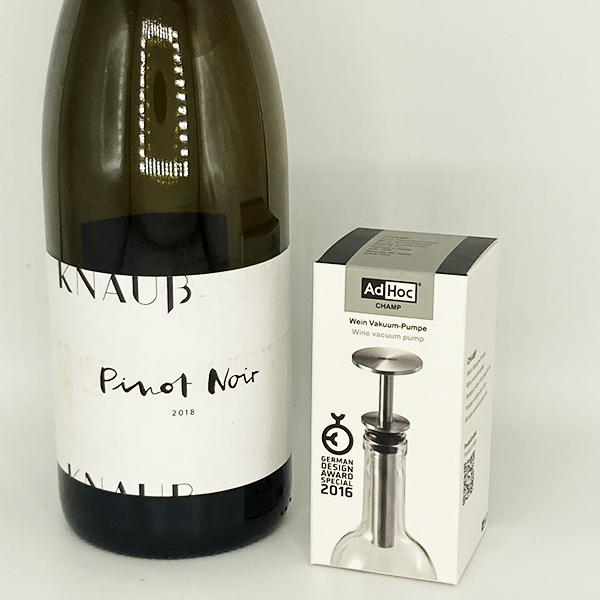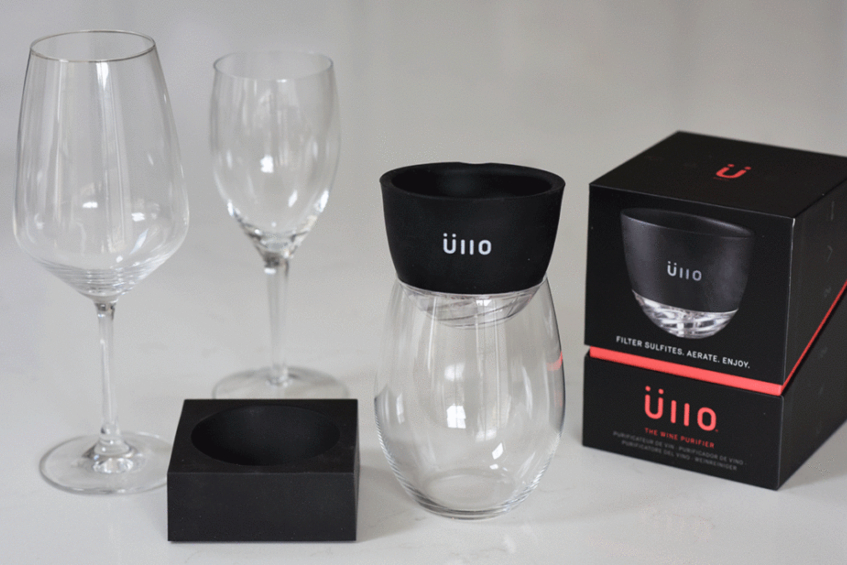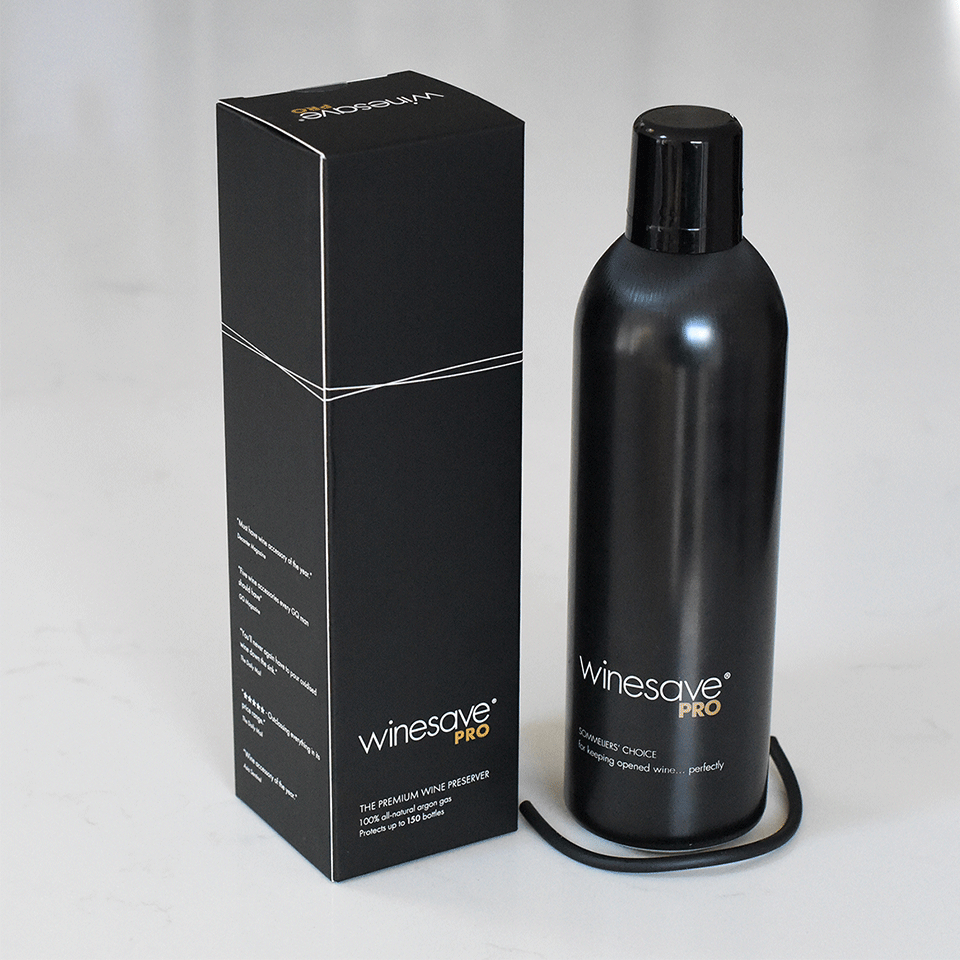How well do wine and the menopause mix? I have found that as I have got older I can certainly drink less and I’ve often wondered why that is. With lots of media attention, the menopause is a hot topic at the moment. Could this natural aging process be having an effect on how I tolerate wine? Recently I was lucky to meet Jo Fazel, founder of NuLeaf Lifestyle, who is an expert in this field. I asked her to give me the lowdown on what is actually going on healthwise.
With the summer season starting I thought this might be a topic of interest for many of our wine loving customers. I would still like to be able to enjoy a glass of wine particularly at a special occasion. Jo gives some great tips on how to manage this at the end of the article. I always like the idea of drinking less but drinking better.
Jo says:
Often, when women come to me because they are having trouble with managing their menopause symptoms, they are happy to make certain changes to their diet & lifestyle habits in order to feel better. With one caveat: they don’t want to give up drinking alcohol. You see, drinking alcohol can be so much more than just liking the taste, as it might be when
we reach for a doughnut or slice of cake. It’s the whole social structure around it. We associate it with releasing stress, bonding with friends and making us feel less inhibited and self-conscious. In short, it can make us feel good. But, in truth, it can also make us feel bad. Really bad. Especially as we enter into the menopause transition.
How does alcohol affect us during the Menopause?
The Menopause transition is a time in which the levels of our sex hormones, oestrogen & progesterone go through a period of fluctuation. This can cause a great many unpleasant symptoms to arise as our bodies try to adapt and recalibrate to the new normal. But we have many more hormones in our bodies than just our sex hormones. They all work together in a constant attempt to keep us in a state of equilibrium. So as our sex hormone levels change, this has a huge impact on our other hormones which control, amongst other things, our stress levels, sleep and blood sugar balance. Alcohol can have a huge impact in these areas, interfering with a hormone balance that is already under flux.
Hot flushes can be increased because alcohol causes the blood vessels to dilate. This sends blood to surface tissues.
Alcohol and Sleep
Sleep will be more disturbed. Many people think that alcohol is a sedative that helps us drift off to sleep. In actual fact it ends up disrupting the sleep cycle. The deep, restorative portion shortens and the lighter phase (REM sleep) increases. This means you are more likely to wake when affected by a change in temperature, resulting in a night sweat. Alcohol also affects our blood sugar balance. The sugar content causes a spike in glucose which triggers a spike in insulin to mop up the glucose. This causes a crash in blood sugar and the release of stress hormones which also wake us up.
Feeling exhausted is one of the most common symptoms of menopause and as well as the impact of alcohol on our sleep leaving us feeling fatigued, it also depletes key vitamins & minerals such as B vitamins and Iron which are critical for energy production.
Alcohol forces our liver to have to work hard eliminating it from our body. The liver is kept busy doing that rather than focusing on regulating our hormone balance. If the liver cannot then process and eliminate old oestrogen at the end of your cycle it may mean some is then reabsorbed back into the blood stream. This can lead to a build up of oestrogen & thickening of the womb lining which can cause more severe cramps and pain during your period
Alcohol also increases inflammation in the body – which may contribute not only to period pain but also joint aches and pains.
Wine O’Clock
Alcohol is a natural depressant which means that it can alter neurotransmitters in the brain which are responsible for mood. You may feel calmer and more positive when you first start drinking (one of the reasons why many women don’t want to give it up). However, as your body withdraws from the alcohol, anxiety levels can increase and you may find that you experience negative emotions which lead to low mood or depression. As it disrupts cognitive function it also has an impact on memory. And as it negatively affects sleep cycles it leaves us not feeling as rested in the morning and experiencing more brain fog. This makes it harder to concentrate or process information effectively.
Alcohol also plays a role in genito-urinary symptoms as it’s a diuretic, meaning that it depletes the body of fluid and increases the amount of urine you produce. This can stimulate the bladder making you want to pee more often and increasing the feeling of urgency. As it’s high in sugar it can promote the growth of yeast, making symptoms of thrush worse.
Skin can suffer because alcohol depletes Vitamin C which is used in the process of producing collagen. Depleted B vitamins which support liver function, needed to expel toxins which can lead to dry or itchy skin or acne.
Our gut health & digestion can also be affected as alcohol can irritate the lining of the gut and also speed up the time it takes to get rid of bodily waste which impairs nutrient absorption and can lead to loose stools.
Wine and Weight
Weight management becomes more difficult during the menopause. Our bodies tend to start laying down fat around the middle which can prove hard to get rid of. One of the reasons for this is poorer blood sugar balance. As our levels of oestrogen from our ovaries decline our adrenal glands have the ability to make small amounts of oestrogen instead. If we don’t control our blood sugar balance well it can lead to our adrenals prioritising the production of stress hormones instead. This forces our body onto plan C which is to store fat around the middle because these fat cells are able to store oestrogen. As alcohol negatively affects our blood sugar balance, it’s not just the calorie content of the alcohol which can lead to weight gain, but the effect it has on the release of our stress hormones.
Progressing through menopause means our bone density also starts to decline. Alcohol speeds up this process by impairing the action of cells called osteoblasts which are needed for bone renewal.
As the protective effect of oestrogen on our hearts declines, our risk for developing heart disease increases. Alcohol adds to this risk by increasing blood pressure and putting a strain on heart. Some studies have shown that red wine contains beneficial antioxidants. However, it’s clear that it only relates to just one small glass a day.
How Can we Mitigate the Risk?
In an ideal world, knocking the alcohol on the head would be a good idea, but given that many women are reluctant to give it up entirely, some ways to reduce intake more easily would be a good idea and will allow wine and the menopause to mix more easily.
- Try not to drink too close to bedtime. Ideally, if you were to have a drink, have it at lunchtime so that your liver has a chance to process it before you try to get to sleep.
- Always eat a meal including protein alongside alcohol. This will help to slow down the release of glucose into the blood stream and allow a better blood sugar balance
- Water down your drinks – try a spritzer instead of plain wine
- Make sure that your diet is full of anti-inflammatory foods and those which help support a healthy liver (e.g fruit, veg & oily fish)
- See if you can limit drinking to once a week
- For every alcoholic drink you have, drink a glass of water
- Experiment with some of the non-alcoholic drink alternatives on the market
- Invest in a device that will help keep your wine fresh once opened.
- Choose something more expensive that you really enjoy and savour just the one glass.
If you are going to follow Jo’s advice and drink less but drink better then we have lots of great gadgets to help.



Many of our customers also find that they as they get older they become more sensitive to the sulphites. Read my article on How to Remove Sulphites from Wine to find out more.
Jo Fazel
Jo Fazel is a Menopause Nutrition & Health Coach, helping women to soothe their symptoms naturally and find more ease and joy in their menopause transition through nutrition & lifestyle change. Reclaim your body and get back to a life you love with her FREE Empowered Menopause Cheat Sheet – the at-a-glance curated list of the most effective habits to handle your hormonal havoc. Get your FREE copy at https://empoweredmenopause.ck.page/To find out more about her 12-week 1:1 menopause wellness coaching program and to read more articles about staying healthy during the menopause please visit www.nuleaflifestyle.co.uk

